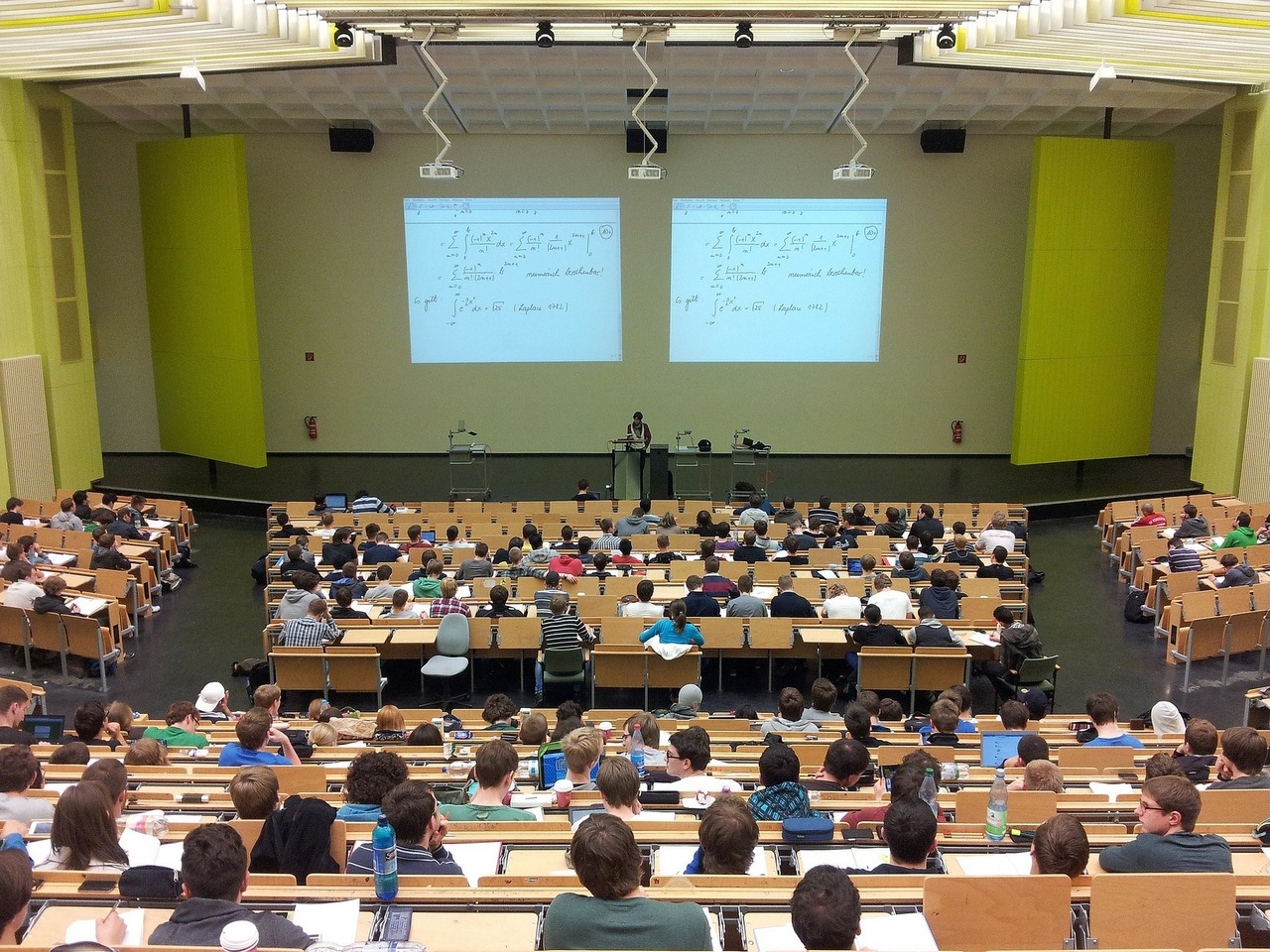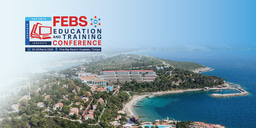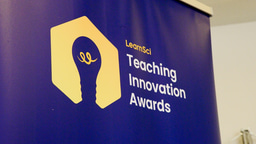
In 2010, the UK-based Academy of Medical Scientists (AMS) published a review called ‘Redressing the balance: the status and valuation of teaching in academic careers’ (AMS, 2010). The report, intended to be of value to all scientists, warns that the disproportionate emphasis on research in higher education is undermining the link between teaching and research, jeopardising not only the experiences of students and academics (and therefore higher education institutions in general), but moreover the strength and sustainability of the UK’s overall research and education base. This argument, not unique to science, is echoed more broadly by ‘Advance HE’ (the UK professional membership scheme for lecturers, aimed at promoting excellence in higher education). Academics engaged in teaching are encouraged to ‘undertake continuing professional development’, be ‘dynamic in their approach to teaching and learning’, ‘demonstrate to students the professionalism that staff and institutions bring to teaching’ and ‘acknowledge the variety and quality of teaching, learning and assessment practices and support that underpin student learning’ (UKPSF, 2022).
Whilst some studies, such as the one that we have published in FEBS Open Bio (Collett et al., 2021), demonstrate the difficulty of succeeding in both research and teaching (that is, they illustrate the real problems associated with the catch-22 ‘publish or perish culture’ in research), others also suggest that, if the conditions are right, excellence in both areas is achievable. The aim of this blog therefore is to set out some of the tips gathered from participants during the course of the project mentioned in our paper. Specifically the focus is on educational scholarship. My focus on scholarship is pragmatic: for those of us committed to education (to putting effort into designing and thinking about our teaching and students’ learning), it makes sense to build in an evaluation or some form of scholarship or research. Evaluation creates metrics in the form of feedback, satisfaction levels, conference presentations and publications, and metrics are vital when it comes to demonstrating impact in higher education.
Intended audience
One or more of the tips (and they are not an exhaustive list, of course) is likely, I hope, to be useful to:
• any education-focused individual who is teaching any kind of science in any higher education environment
• individuals on balanced contracts whose research is established (usually those who have PhD students or postdocs) and who are also committed to developing their teaching (perhaps working in a collaboration with others)
• leaders with an interest in faculty development
Tips
- Start small. Take time to know what sort of scholarship/research you want to do. If you haven’t got a clue right now then give yourself time to breathe – perhaps you need to let the idea come to you as it may be the case that ideas come from very real questions that arise out of your own teaching and experiences. Questions that are relevant to you are often relevant to others in your field. Starting your research small will lead to new discoveries, networks and spin-off projects and the development of a portfolio of work that you will build up over time.
- Go on a scholarship course – this is good for people who are not familiar with social / educational research methods. Better still, arrange one in house and do it with colleagues.
- Choose projects that have life. By this, I mean projects that you are excited by and interested in. Sometimes a project can just feel a bit ‘…nuh’. All research has its peaks and dips, but sometimes a project can just feel wrong for you. If it has life then you are probably on to something. Also, it is important you like what you do.
- Find an academic home within your university. If there is no support for staff who undertake educational scholarship/research in your department then create a community of practice. Our network ‘D.E.S.’ (The Division of Education and Scholarship) is an example. We are an interdisciplinary team. Creating a faculty scholarship network has given us ‘something in common’ and a sense of belonging. A network has power. We put on events showcasing work, encouraging debates, practising presentations. We circulate details of funding streams and calls for conference papers. We have organized research methods courses, a journal club and funding for projects. We are finding that our individual projects have crossovers and that there are certain meta themes arising from them. This work is leading to more questions, and strengthens our links with higher education and the disciplines to which we belong.
- If you intend to collaborate, find your teams. I am not endorsing groupthink here – this is not a case of just finding people who agree with you all the time. Rather, identify who you think you can work with, people who you trust. Find the doers, the supporters, the people that make you think. Those who are interested in similar questions. I say ‘teams’ plural here because over time it is likely that you will participate in more than one. Your teams can be within or external to your university.
- Work out how to do educational evaluation/ scholarship/ research ‘in between times’. There is very little time to do educational work on top of everything else, so finding ways to work ‘smart’ is imperative. Clumping teaching together (so it is mainly in one term) really helps but is not always possible. Good teams can divide up tasks between them (in this case a key thing is to meet regularly to keep the momentum going). Thinking ‘as you go’ may be an option for some. For example, if an idea occurs to you or a reference springs up make a note of it on your phone or in your journal so you can refer to it later. Plan ahead – break writing into one hour tasks that you can allow yourself ‘in between’ other activities. Also bear in mind the power of marinating! Taking a walk and steeping yourself in your plans or your work can be ultimately very productive (mind the traffic though)!
- Find a research mentor who is on your side – who will review your work, who will be a sounding board for your ideas and who will encourage you.
- Find supportive networks outside of your university. Go to conferences and don’t be phased if they have a different feel than science conferences that you are used to. Use them to network and find out more about others’ work.
- Keep a record of your wins – this includes a folder for storing good feedback, certificates, etc. Moreover, ensure that your university profile pages represent you the way that you want to be represented. This is good for developing, working out or steering your own education profile and will hopefully attract new opportunities.
- Be generous – just as you receive from others so it is great to give.
If you would like more info on our network or to discuss, refute or add to the tips please contact me at [email protected]
References
• The Academy of Medial Sciences (2010) Redressing the balance: the status and validation of teaching in academic careers in the biomedical sciences. https://www.acmedsci.ac.uk/viewFile/publicationDownloads/Teaching.pdf
• UKPSF, Advance HE, UK: Professional Standards Framework. Available from: https://www.advance-he.ac.uk/guidance/teaching-and-learning/ukpsf
• Collett, T. et al. (2021) Teaching, research or balanced? An exploration of the experiences of biomedical scientists working in UK medical schools. FEBS Open Bio 11, 2902–2911. https://doi.org/10.1002/2211-5463.13304
Acknowledgement
Thanks to Helen Watson, Plymouth University Peninsula Medical and Plymouth University Peninsula Dental Schools, UK, for commenting on the first draft of this blog.
Top image of post: by nikolayhg on Pixabay





Join the FEBS Network today
Joining the FEBS Network’s molecular life sciences community enables you to access special content on the site, present your profile, 'follow' contributors, 'comment' on and 'like' content, post your own content, and set up a tailored email digest for updates.